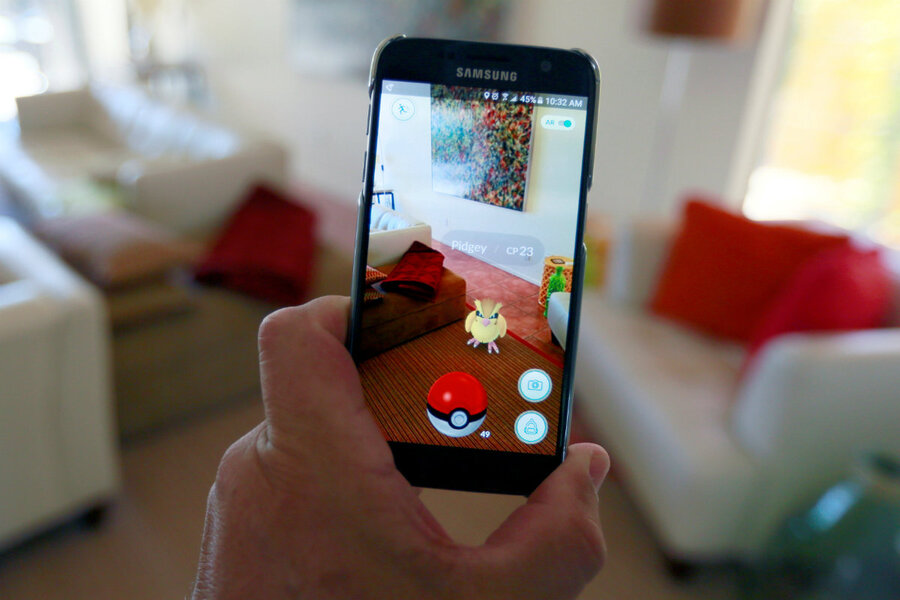Why China still forbids Pokémon Go
Loading...
Despite vast enthusiasm and anticipation, Chinese smartphone users are unlikely to meet “Pokémon Go” any time soon.
China’s state censor said Tuesday Nintendo’s hit smartphone app and other augmented reality games carry potential security risks, and will not be licensed in that country until these concerns have been evaluated, Reuters reports.
On its website a games panel of the China Audio-video and Digital Publishing Association cited “threat to geographical information security and the threat to transport and the personal safety of consumers,” as its reason for not licensing the game.
This week's statement contradicts the state’s previous positions in July.
The free-to-play, location-based mobile game asks users to walk in real-life neighborhoods as they use their smartphones to hunt and capture virtual characters.
It became an instant hit since it debuted in mid-2016, with Apple calling its most downloaded iOS app for that year a “cultural phenomenon.”
The game was also recently licensed in India, a country which some have described as being “equally bureaucratic” as China.
Despite no official releases, “Pokémon Go” has still managed to create a sensation in China since its official worldwide launch, according to The Nanfang, a website published in Hong Kong devoted to news about China. It reports that the hashtag “PokemonGo” has been used 330 million times by late July on Sina Weibo, a Chinese microblog site.
But the Chinese government appears to be holding firm in its view that the game poses too great a security risk for it to have an authorized released there.
The Daily Beast reports that because the game’s developer, Niantic Inc., a former internal Google startup, collects a vast amount of information from its users, some are calling its database of personal data “a hacker’s dream.” According to the Daily Beast, the San-Francisco-based company’s privacy policy gives it the right to “hand personally-identifiable information (PII) over to law enforcement, sell it off, share it with third parties, and even store it in foreign countries with lax privacy legislation.”
In China, these concerns are reported to have developed into an elaborate conspiracy theory that the app could serve as a Trojan horse controlled by the United States and Japan to figure out where its military bases are located. The app relies on US-based Google to detect locations (whose service is blocked in China), and is partially owned by Japan’s Nintendo, according to Reuters.
The conspiracy theory claims that two countries could use the game to locate Chinese military bases through a process of elimination by determining where users can’t go to capture Pokémon characters.
“In China, the major security issue related to Pokemon Go is that the third-party distributor will very likely add backdoor Trojan horse viruses to the installation package, which gives remote access to your smartphones,” Wang Biao, an internet security expert, told The Nanfang in July.
Chinese Foreign Ministry spokesman Lu Kang said he was unaware of reports that the game could be a security risk, according to Reuters, giving no further details about the matter.
This report contains material from Reuters.








